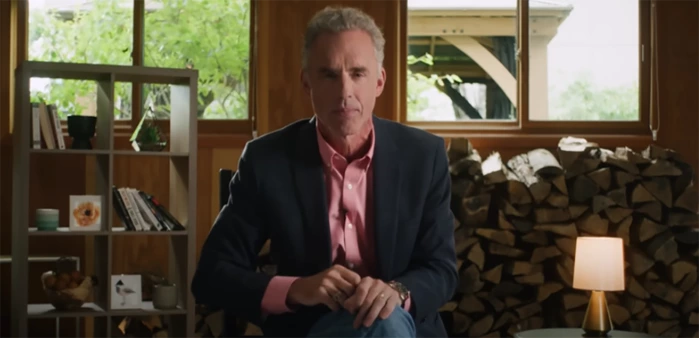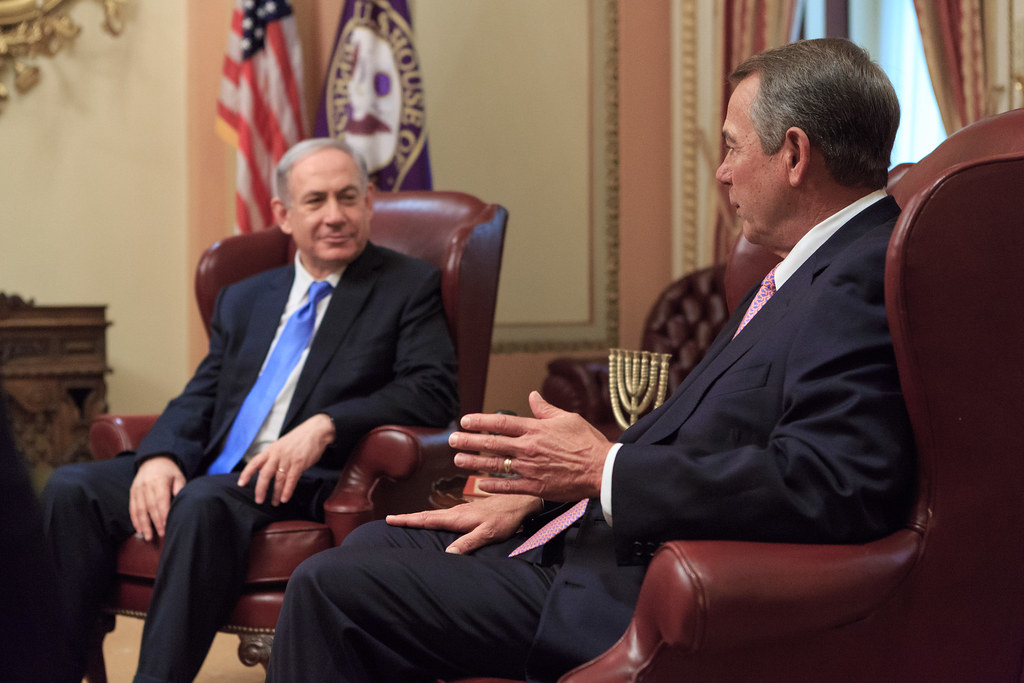Israeli Prime Minister Benjamin Netanyahu has expressed bold aspirations to reshape the Middle East. Speaking after a call with President-elect Donald Trump, Netanyahu proclaimed, “We will change the Middle East.” This declaration came during a weekend announcement where he highlighted the ongoing transformation in countries like Syria and Lebanon and noted the evolving landscape in the region.
Netanyahu emphasized a vision for a new era, reflecting on the past year and stating, “A year ago, I said something simple: We would change the face of the Middle East, and we are indeed doing so.” His remarks tie into Israel’s ongoing military strategies, notably in Syria, where Israel continues to monitor and counteract threats from Iran and militant groups.
At a recent meeting of the Israeli Security Cabinet, leaders deliberated crucial next steps in responding to what Netanyahu described as a multi-front war. This includes efforts to halt Iranian arms transfers through Syria, which have been a long-standing concern for Israeli security. Despite avoiding direct confrontation with Syria, Israel’s military presence in the Golan Heights has ramped up, aimed at systematically dismantling Syrian military resources.
Netanyahu underscored the historical animosity between Israel and Syria, noting, “For decades, Syria was an active enemy state to Israel. It attacked us again and again.” This context serves to underline the complexities of the current geopolitical environment.
On the humanitarian side, the two leaders touched upon the plight of hostages, with Secretary of State Antony Blinken marking the present moment as critical for their release. Blinken stated that there is urgency in “bringing this to an end and finally brings relief to people who suffer and continue to suffer every single day.”
As these discussions unfold, Syria is witnessing leadership changes under Mohammed al-Golani, who has announced the implementation of Sharia law in Damascus, along with plans for a morality police. This pronouncement has raised concerns about the implications for religious minorities in the region, particularly for Syrian Christians, who would face increased restrictions under such a legal framework. Nina Shea, an expert on religious freedom, warned that this would likely lead to significant limitations on their rights and practices.
Shea urged Western Christians to advocate for their Syrian counterparts who are navigating this increasingly perilous environment. She believes there needs to be a concerted effort to hold influential nations accountable, particularly Turkey, citing its role in regional dynamics and support for certain factions in the ongoing conflict.







Leave a Reply